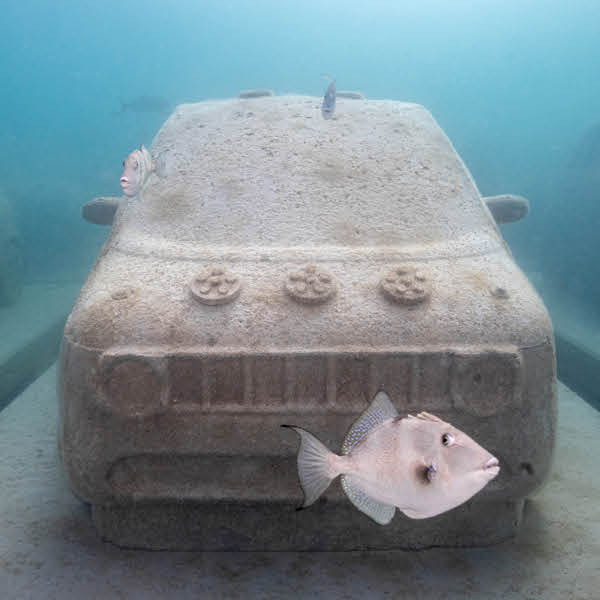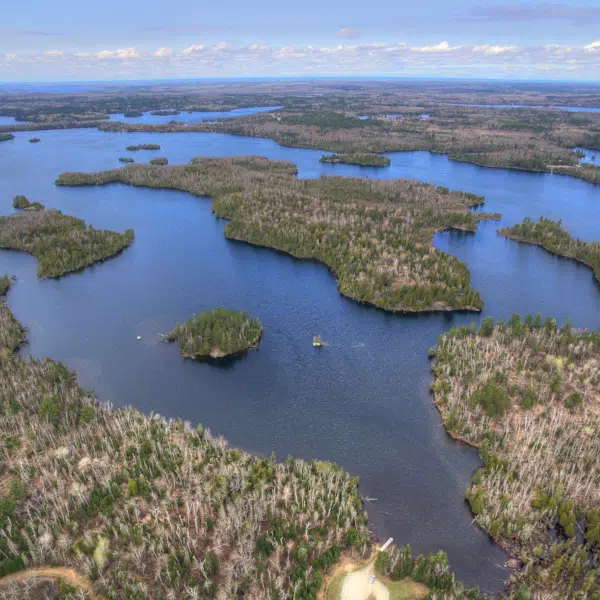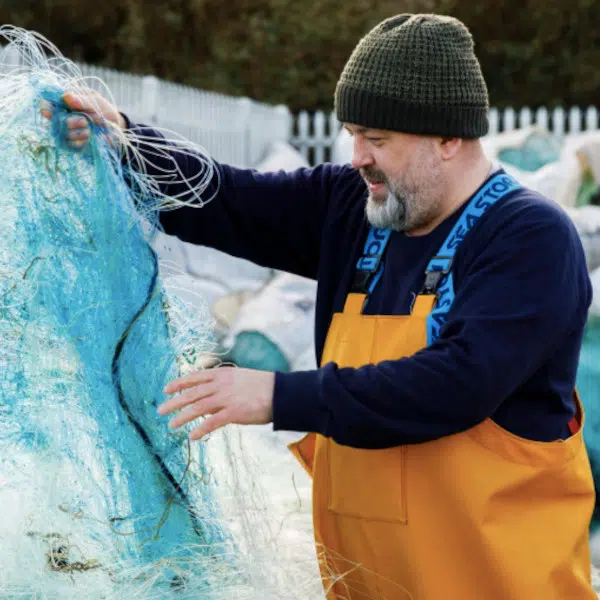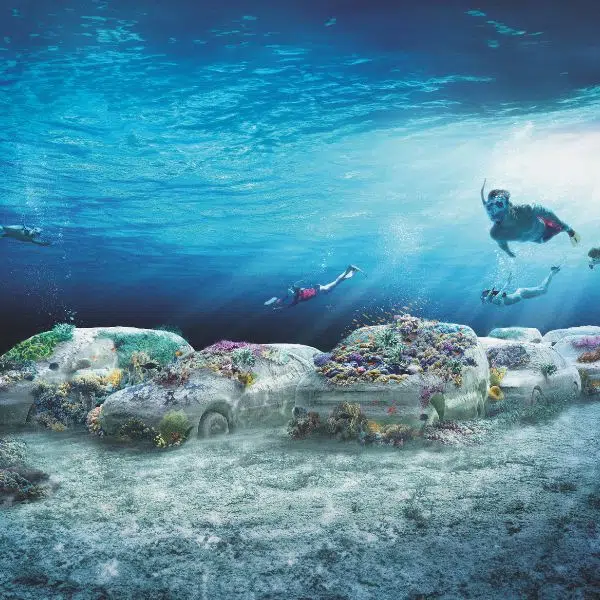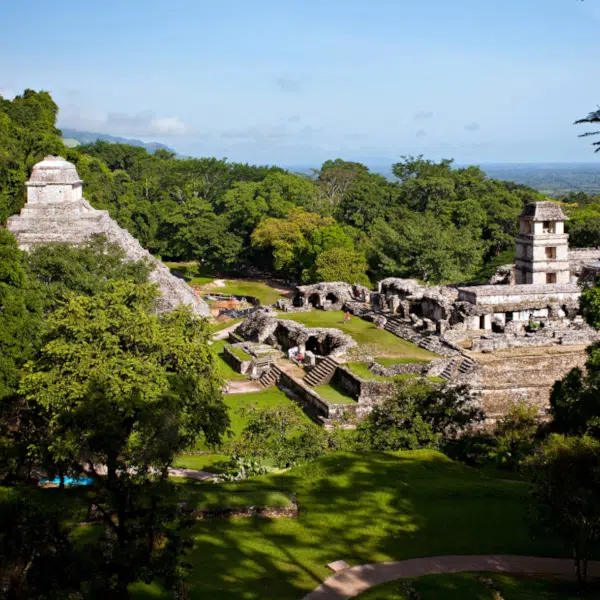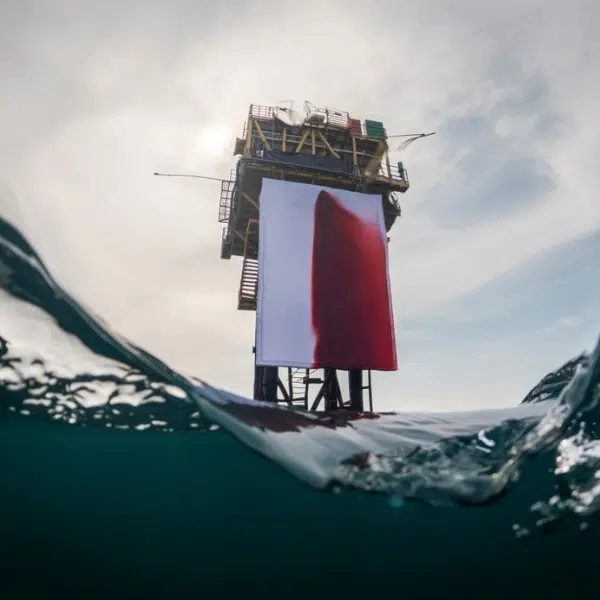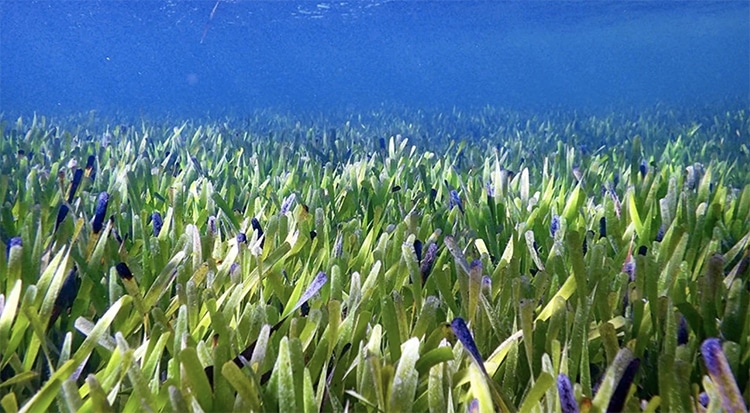
The seagrass Posidonia australis, the largest known plant on Earth. (Photo: Rachel Austin/University of Western Australia)
Seagrass may not seem special, but one type of seaweed now has an exceptional designation as the biggest known plant in the world. As announced in the Proceedings of the Royal Society B, a team of researchers stumbled upon a 4,500-year-old field of seagrass off the coast of Australia. This field of Posidonia australis is in fact all one plant that grew from a single seed.
Posidonia australis, or Poseidon's ribbon, is a type of seaweed common off the coast of Australia. Researchers interested in seaweed went out to take samples from different areas in Shark's Bay, about 500 miles north of Perth. They were hoping to study the different plants in the region, but instead their genetic testing yielded a surprising outcome. “The result blew us away: it was all one plant,” the authors wrote. In fact, their samples were all clones carrying the entire genomes of the parent grass.
These clones multiplied at 13.7 inches over an estimated 4,500 years from a single seed. This is similar to how “land” grass grows. “It appears to be really resilient, experiencing a wide range of temperatures and salinities plus extreme high light conditions, which together would typically be highly stressful for most plants,” Dr. Elizabeth Sinclair, one of the researchers, told the BBC. It now covers 77 square miles of the bay in one magnificent, underwater lawn. The team of researchers is readying to run further tests to learn more about this extremely special plant.
A team of researchers stumbled upon a 4,500-year-old field of seagrass off the coast of Australia, the biggest plant known in the world.
View this post on Instagram
The team of researchers is readying to run further tests to learn more about this extremely special, world's largest plant.
h/t: [BBC, Smithsonian Magazine]
Related Articles:
Sir David Attenborough Wins Champions of the Earth Lifetime Achievement Award
Man Spends Over 1,000 Days Straight Cleaning Up Trash in His Local Parks
Engineers Develop Enzyme That Can Break Down Plastic in a Matter of Hours
Researchers Developed a Solar Panel That Continues To Gather Energy Once the Sun Sets











































































